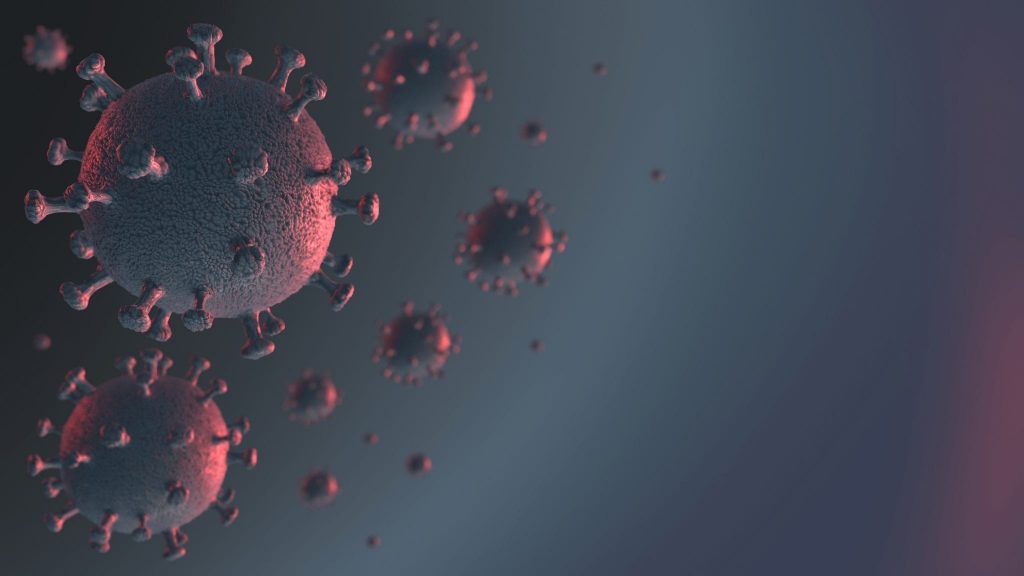
Cardiovascular diseases have become a real scourge of our time. And, as it turned out, the new coronavirus COVID-19 can aggravate the situation.
Mayo Medical Education and Scientific Research Foundation specialists said that a decrease in cardiac function is observed with a severe course of the disease. In some patients, these changes are the result of an inflammatory reaction, while in others they occur due to the occurrence of a COVID-19 focus in the heart muscle.
According to the researchers, the infected have two problems associated with the work of the cardiovascular system: heart failure and arrhythmia, which can be caused by side effects of drugs taken to treat coronavirus infection.
An initial study revealed heart damage in 1 out of every 5 patients, leading to heart failure and death, even among those who have no signs of respiratory failure, American doctors say.
This can change the attitude of doctors and hospitals towards patients, especially in the early stages of the disease. It can also open a second front in the fight against the COVID-19 pandemic, with the need to take new precautions in people with pre-existing heart problems, new equipment requirements and, ultimately, new treatment plans.
The question of whether the emerging problems with the heart is caused by the virus itself or is a by-product of the body’s response to it has become one of the most important factors faced by doctors seeking to understand the new disease. Determining how the virus affects the heart is partly difficult because a serious illness in itself can affect heart health.
Many cardiologists believe that COVID-19 infection can cause heart damage in four or five ways. Some patients, they said, can be affected by more than one of these pathways simultaneously.
Despite the growing number of patients, doctors continue to collect data, summarize trends and publish their results in almost real-time. Cardiologists in New York, New Jersey, and Connecticut share the latest information on COVID-19 through the WhatsApp group, which has at least 150 members. And even though New York hospitals operate in crisis conditions, doctors are testing new drugs and treatments to ensure that something they learn about coronavirus can be disseminated elsewhere with scientific certainty.
This work has already led to changes in how hospitals deal with the cardiac effects of COVID-19. Doctors have discovered that an infection can mimic a heart attack.
Picture Credit: Freepik
